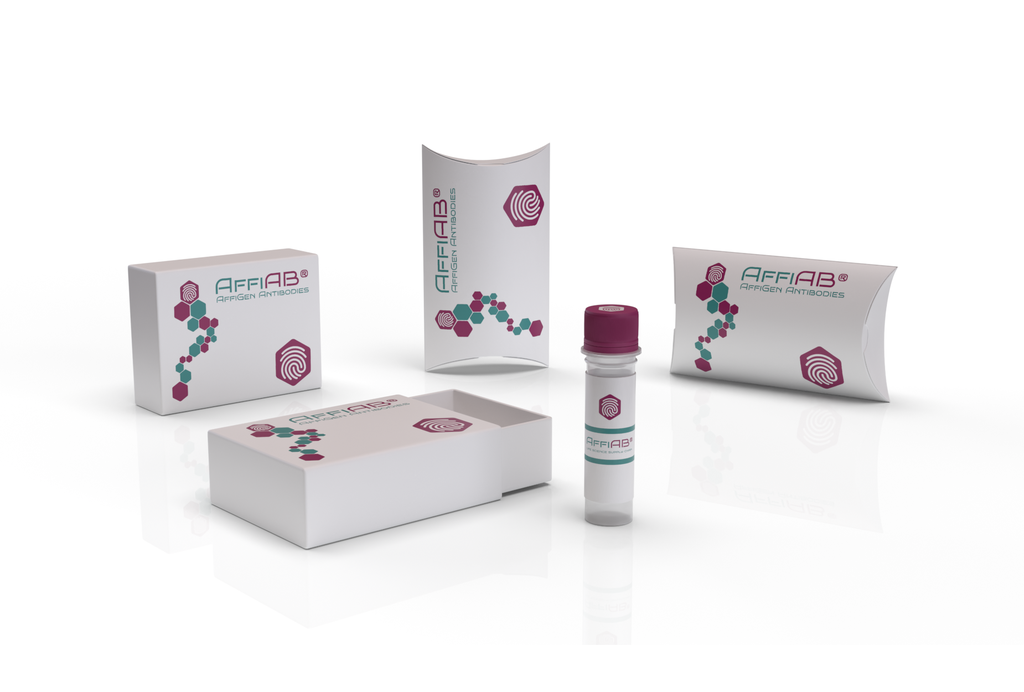AffiAB® Anti-Raptor Antibody
Regulatory associated protein of FRAP, also designated Raptor, is a binding partner for mammalian target of rapamycin kinase (FRAP) , and is essential for FRAP signalling in vivo. Raptor binding to FRAP is critical for FRAP-catalysed substrate phosphorylation of 4E-BP1. The raptor-FRAP complex is nutrient-sensitive and is important for a mechanism by which cells coordinate cell growth and size with changing environmental conditions. Raptor serves as a negative regulator of FRAP kinase activity under nutrient-deprived conditions and is an important component in the FRAP pathway. Raptor is highly expressed in skeletal muscle and to a lesser extent in brain, kidney, lung and placenta.
Antibody type
Rabbit polyclonal Antibody
Uniprot ID
SwissProt: Q8N122 Human; SwissProt: Q8K4Q0 Mouse; Entrez Gene: 287871 Rat
Recombinant
NO
Conjugation
Non-conjugated
Host
Rabbit
Isotype
IgG
Clone
N/A
KO/KD
N/A
Species reactivity
Human, Mouse, Rat
Tested applications
WB, IF-Cell, IHC-P, FC
Predicted species reactivity
N/A
Immunogen
Synthetic peptide within human Raptor aa 90-170.
Storage
Store at +4°C after thawing. Aliquot store at -20°C. Avoid repeated freeze / thaw cycles.
Form
Liquid
Storage buffer
1*PBS (pH7.4) , 0.2% BSA, 50% Glycerol. Preservative: 0.05% Sodium Azide.
Concentration
1 mg/mL.
Purity
Immunogen affinity purified.
Signal pathway
N/A
Recommended dilutions
WB: 1:500; IF-Cell: 1:50-1:200; IHC-P: 1:50-1:200; FC: 1:50-1:100
Molecular Weight
Predicted band size: 149 kDa
Subcellular location
Cytoplasm, Lysosome, Cytoplasmic granule.
Positive control
MCF-7 cell lysates, 293T, LOVO, rat brain tissue, human breast tissue, mouse colon tissue, A549.
